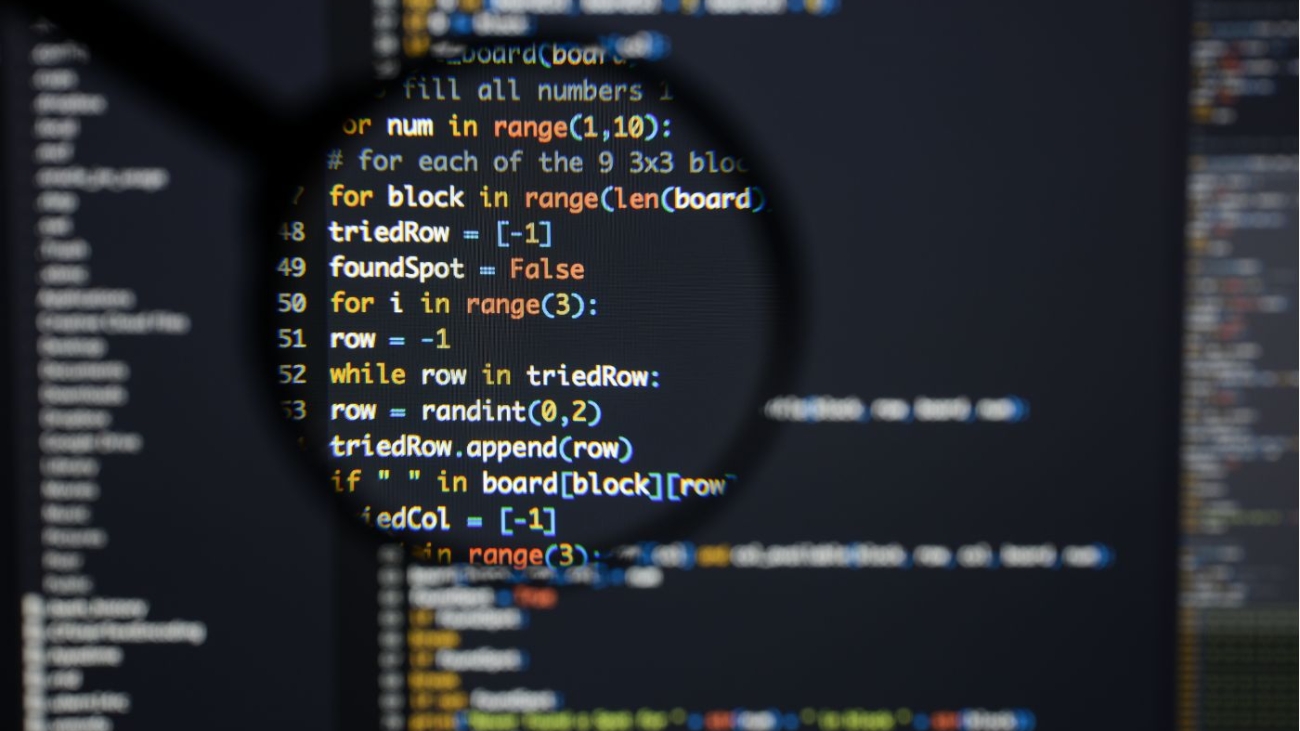As artificial intelligence (AI) continues to grow and evolve, our efforts to harness its power also continue to accelerate in order to find solutions to our current and future problems. Today AI and machine learning (ML) technologies are impacting our everyday lives as never before despite the fact that the true potential of such technologies is yet to be explored.
Whereas we are seeing numerous actual and potential benefits of AI/ML in almost every field, we cannot simply ignore certain actual and potential challenges these technologies hold. Addressing these challenges and to prepare for the unexpected ones is the best way forward. Among many of the challenges, bias in artificial intelligence systems is fast becoming everyone’s prime concern because biases in AI systems can really discriminate against individuals and groups making people distrust the amazing technology altogether.
The perils of algorithmic decision-making
AI is becoming a mainstream technology with many organizations increasingly relying on algorithmic decision-making in their hiring processes. But bias in AI can occur and can cost a lot. The “AI gone wrong” is not a new phenomenon. Amazon’s AI-based experimental recruiting tool was scrapped for showing bias against women. This AI-powered tool did not rate candidates in a gender-neutral way exposing the hidden bias in the algorithms.
Recently, the U.S. Department of Justice (DOJ) and the Equal Employment Opportunity Commission (EEOC) released technical assistance documents while warning employers of careless use of AI and software tools explain how algorithms and artificial intelligence can lead to disability discrimination in hiring process. The documents warn both public and private employers to be careful in their tech-based employment decision-making and to avoid disability discrimination in employment while using software, algorithms and AI.
It is pertinent to mention here that the DOJ enforces disability discrimination laws with respect to state and local government employers while the EEOC enforces disability discrimination laws with respect to employers in the private sector and the federal government.
The new guidance documents
The DOJ’s guidance document provides a broad overview of rights and responsibilities of the employees and the employers while the EEOC guidance document focuses on preventing discrimination against job seekers and employees with disabilities.
“Algorithmic tools should not stand as a barrier for people with disabilities seeking access to jobs,” said Assistant Attorney General Kristen Clarke of the Justice Department’s Civil Rights Division. “This guidance will help the public understand how an employer’s use of such tools may violate the Americans with Disabilities Act, so that people with disabilities know their rights and employers can take action to avoid discrimination.”
It is important to mention here that in October 2021 EEOC had also launched an agency-wide initiative “Artificial Intelligence and Algorithmic Fairness Initiative” to ensure that the use of software, including artificial intelligence (AI), machine learning, and other emerging technologies used in hiring and other employment decisions comply with the federal civil rights laws that the EEOC enforces.
This continued focus on AI-powered systems and ways to address related challenges is going to shape our approach to utilize these technologies in a responsible and trustworthy manner today and in future.


Add a Comment